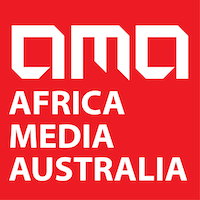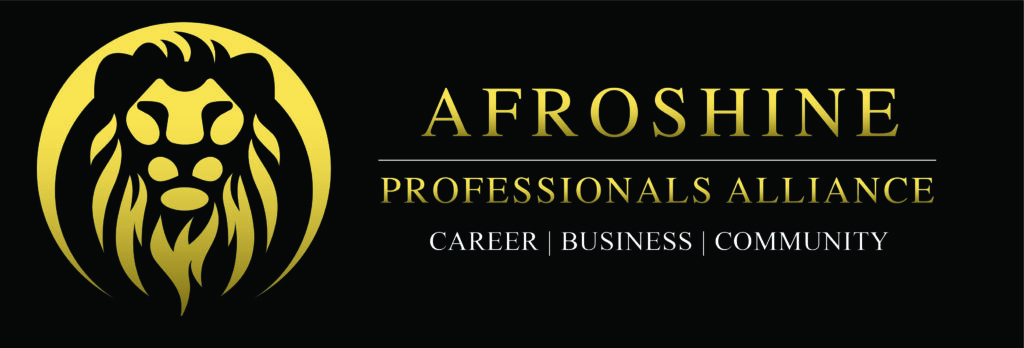The South African Film Festival (SAFF) returns to Australia and New Zealand on 12 May for two weeks. The festival organisers say an engaging program of nine documentaries, five features and two short films will be presented. The Festival will screen online to audiences across Australia and New Zealand with special closing night in-cinema screenings in Sydney and Melbourne.
All ticket proceeds go to supporting Education without Borders programs that assist young South Africans in some of the country’s most disadvantaged communities. The funds generated by this year’s Festival will support vulnerable groups in South Africa, of particular importance this year given the impact of COVID-19.
The films selected for the South African Film Festival (SAFF) reflect South Africa’s diverse population, rich tradition of struggle for democracy and equality, and complex political and economic reality.
Festival Director Claire Jankelson said, “South Africa produces some of the richest stories for cinema the world over. Much like the country itself, the films that come from South Africa are all at once challenging, bold, beautiful and heartwarming.”
“This year’s line-up of films presents an exciting mix of daring narratives, striking cinematography and deep explorations into South African culture and community,” said Jankelson.
Join Afroshine Professionals Alliance (AFPRA) to expand your skilled network
The Festival films will once again premiere nationally throughout Australia and this year to viewers in New Zealand. In addition, there will be a special closing night screening at Sydney’s Event Cinemas (Bondi Junction and Castle Hill) and Melbourne’s Classic Cinema of the feature film Barakat. Barakat offers a rare and insightful glimpse into the heart of the Muslim community of Cape Town, seen through the prism of one family’s travails as they grapple with the ups and downs of life, love and familial relationships.
Feature films in the Festival line-up include South Africa’s moving Oscar submission Toorbos. Based on a novel by celebrated Afrikaans author Dalene Matthee, Toorbos documents a woman blossoming against the destruction of her environment. Riding with Sugar is a zany, action-packed film about a young refugee’s quest for BMX glory and the pursuit of identity, safety, happiness and love.
Raw, confronting and emotionally charged, Tess is adapted from Tracey Farren’s award-winning novel “Whiplash,” and follows a 20-year-old prostitute and addict in Cape Town whose life is turned upside-down by an unexpected pregnancy. For Love and Broken Bones is an unexpectedly tender gangster flick featuring a jazz musician debt collector who falls in love with his latest assignment, a wedding planner.
Four documentaries examine South Africa’s apartheid, its history and impacts on the future of the country. Blindside covers the 1974 boycott-breaking tour of South Africa by the British rugby team the Lions and how the sports boycott ultimately proved to be a powerful tool in helping to dismantle apartheid. Taking a sobering look at recent history, A New Country explores the aftermath of apartheid and a fractured contemporary society still battling its legacies. Winner of the Florence Film Award for Best Original Story, District Six is the film maker’s deeply personal account of her return to the ancestral community in Cape Town from which her family and thousands of others were forcibly removed during apartheid. Good Hope is a positive look at the future, exploring what the post –apartheid “Born Free” generation are doing to create a brighter future.
Other documentaries in the Festival include Jozi Gold which examines the dark heart of mining in South Africa; Influence, a revealing look at the immoral and weaponised influence that PR firm Bell Pottinger had in South Africa and the world; Mama Africa, which tracks the life of artist and activist Miriam Makeba, whose legendary singing became a passionate message of black liberation to the world; and SanDance, which captures the importance of dance to southern Africa’s oldest tribe, the San.
Two powerful shorts feature in the Festival line-up. Sides of a Horn uses a hybrid of dramatic and documentary styles to look at rhino poaching through two fictional antagonists, a ranger and a poacher, juxtaposing their points of view of a poaching incident that puts them both at risk. Letter Reader follows a twelve-year-old boy who becomes his village’s letter reader.
The Festival program, starts on 12 May 201. The online address to visit is www.saff.org.au where all details, including tickets are available.
Alex Nyembo
AMA reporter


